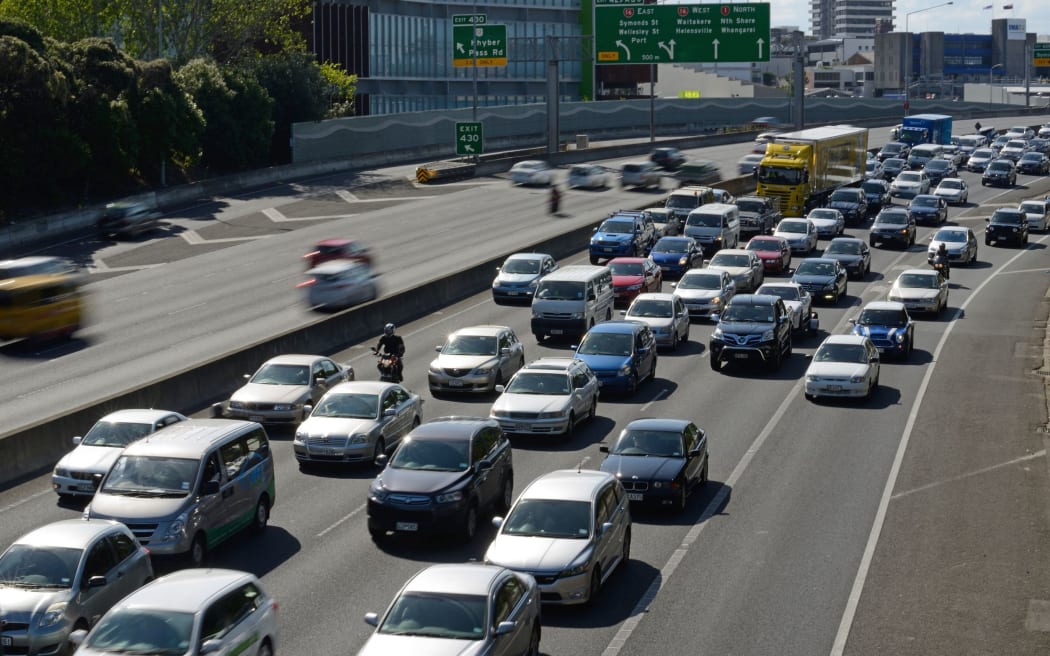The country needs to speed up its infrastructure spending to make up for a deficit that is hurting the economy and will only get worse with climate change, according to a new report.

The Chapman Tripp report said gridlocked roads were some of the consequences of decades of underspending. Photo: 123rf.com
A report by legal firm, Chapman Tripp, said gridlocked roads, lost production, unaffordable housing, and environmental degradation are some of the consequences of decades of underspending, which cannot be easily fixed.
The report has drawn together recommendations from the International Monetary Fund, the World Bank and the OECD on how the problems might be tackled, logistically and financially.
Chapman Tripp partner Mark Reese said New Zealand should take a co-ordinated approach to organising and doing the work, and needed to be innovative about how it financed the projects.
"The need for solutions is becoming more urgent as the meteorological effects of climate change begin to bite and the emissions-reduction strategy, based around an effective carbon price, shifts up a gear."
He said the money is available internationally for projects, with an estimated US$120 trillion in investment funds.
"Pension funds, in particular, are seeking out safe asset classes that deliver a long-term return, and infrastructure investments fit neatly into this profile."
Mr Reese said the government could draw on these funds to finance New Zealand's projects and adopt innovative funding tools, such as using the cash generated from improved water assets or road toll to repay debt. It could also bundle together some of the smaller projects, which would give them the scale necessary to attract international developers and investors.
The NZ Superannuation Fund, ACC, and KiwiSaver funds would find the right infrastructure projects attractive, he said.
Mr Reese said work was also needed on the regulatory front, such as the proposed Urban Development Authority, which would be able to amass land for housing, including a power of compulsory acquisition.
"A key challenge in addressing the infrastructure shortfall are capacity constraints in the construction sector but we are starting to see more interest from overseas contractors and are confident that, if the supply of work is large enough and the funding is available, some of the second-tier companies will be able to resource up to the next level."




